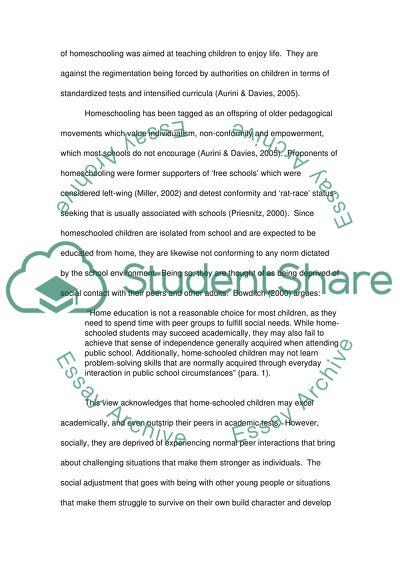Cite this document
(“The Other Side of Homeschooling Research Paper Example | Topics and Well Written Essays - 1250 words”, n.d.)
The Other Side of Homeschooling Research Paper Example | Topics and Well Written Essays - 1250 words. Retrieved from https://studentshare.org/education/1449783-the-other-side-of-homeschooling
The Other Side of Homeschooling Research Paper Example | Topics and Well Written Essays - 1250 words. Retrieved from https://studentshare.org/education/1449783-the-other-side-of-homeschooling
(The Other Side of Homeschooling Research Paper Example | Topics and Well Written Essays - 1250 Words)
The Other Side of Homeschooling Research Paper Example | Topics and Well Written Essays - 1250 Words. https://studentshare.org/education/1449783-the-other-side-of-homeschooling.
The Other Side of Homeschooling Research Paper Example | Topics and Well Written Essays - 1250 Words. https://studentshare.org/education/1449783-the-other-side-of-homeschooling.
“The Other Side of Homeschooling Research Paper Example | Topics and Well Written Essays - 1250 Words”, n.d. https://studentshare.org/education/1449783-the-other-side-of-homeschooling.


